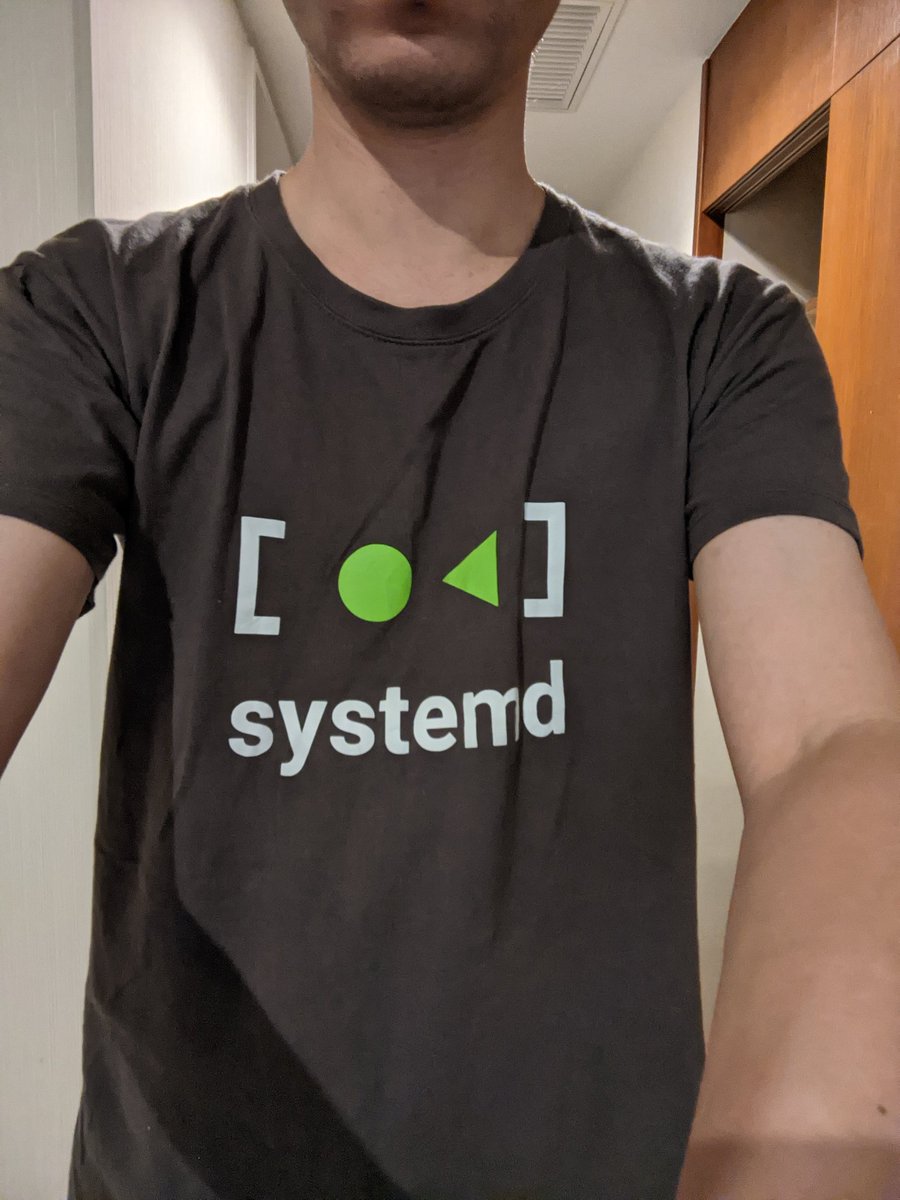Poettering's quoted mailing list posting is rather typical, he has made many such postings over the years regarding manipulating users and devs into adoption.
Let's call manipulation Social Engineering from now on. Social Engineering is a cool buzzword for the same thing, as described on Page 1 of "The Art of Deception: Controlling the Human Element in Security" by Kevin Mitnick. He's a hero to some people, I have his book in pdf format.
You see this "culture" right through Red Hat, certain Linux kernel devs, gnome project, Debian and Ubuntu people, Arch Linux, etc where there is this supreme arrogance and widening gulf between developers (many of whom are on the IBM/Red Hat payroll) and Linux users who are viewed in much the same way as a Microsoft Windows customer.
I saw the same thing happen to PC-BSD when X-systems came into the picture. Their own arrogance was what I used against them, called PC-BSD
the Win98 of the UNIX World, left and never let them live it down.
Which, once again
cynwulf, brings us back to the culture of GroupThink. Which uses manipulation in their tactics of out-grouping. But their cause is just so getting down and dirty is justified. Yeah, that's the ticket, and an example of how the mind can use rationalization as a means of self-defense.
The biggest single problem with SystemD is that Lennart is an a**h*** (you can figure out what the stars in that word mean). Note that I didn't say that he doesn't understand systems research and architecture, or is a bad software engineer.
No, when you couldn't refute his credentials you sunk to a personal attack on his character. It's a standard tactic. One you're above, disparage the use of and tells me something you can't see.
It has become a good base to create embedded systems (Netflix, Juniper, NetApp, Isilon), and as an alternative for hobbyists.
I'm considered to be a hobbyist but don't see the connection to Netflix, Juniper, NetApp or Isilon using FreeBSD. I don't use any of those services and don't even have a PS4.
I'm seeing more and more of that hobbyist use being driven by near-religious beliefs and paranoia, not by rational engineering tradeoffs. In the discussions here and other places, I see the biggest driver of FreeBSD adoption being irrational things like "I hate Linux" or "I hate Lennart" or "I'm old and don't like change".
You are the most knowledgeable person when it comes to UNIX I have ever met, have such a rich background in close association to the early days of UNIX development and are a wealth of knowledge in the area of your expertise I feel we are lucky to have in our midst.
But your area of expertise is not Psychology or Behaviorism, it's mine. A Professional in my field, qualified as such by experience, with 46 years experience my current level of expertise.
Within the space of one paragraph you raised yourself above the gutter in voicing your opinion of him as an a**h*** to lofty heights, casting aspersion on hobbyist driven by "near-religious beliefs and paranoia", not by "rational engineering" based argument. Statements such as "I hate Linux" or "I hate Lennart" or "I'm old and don't like change" being "irrational things".
Obviously, people don't say these things out loud, but hide them behind lofty statements like "Unix philosophy".
That you couldn't see it in yourself and were oblivious to exhibiting the same behavior you decry, as obvious to me as my ways might seem irrational to a hobbyist in my field.
You once said that if someone you considered to be of questionable character walked into the room while you were eating dinner you'd get up and walk out. Look within,
Ralphbzs.

